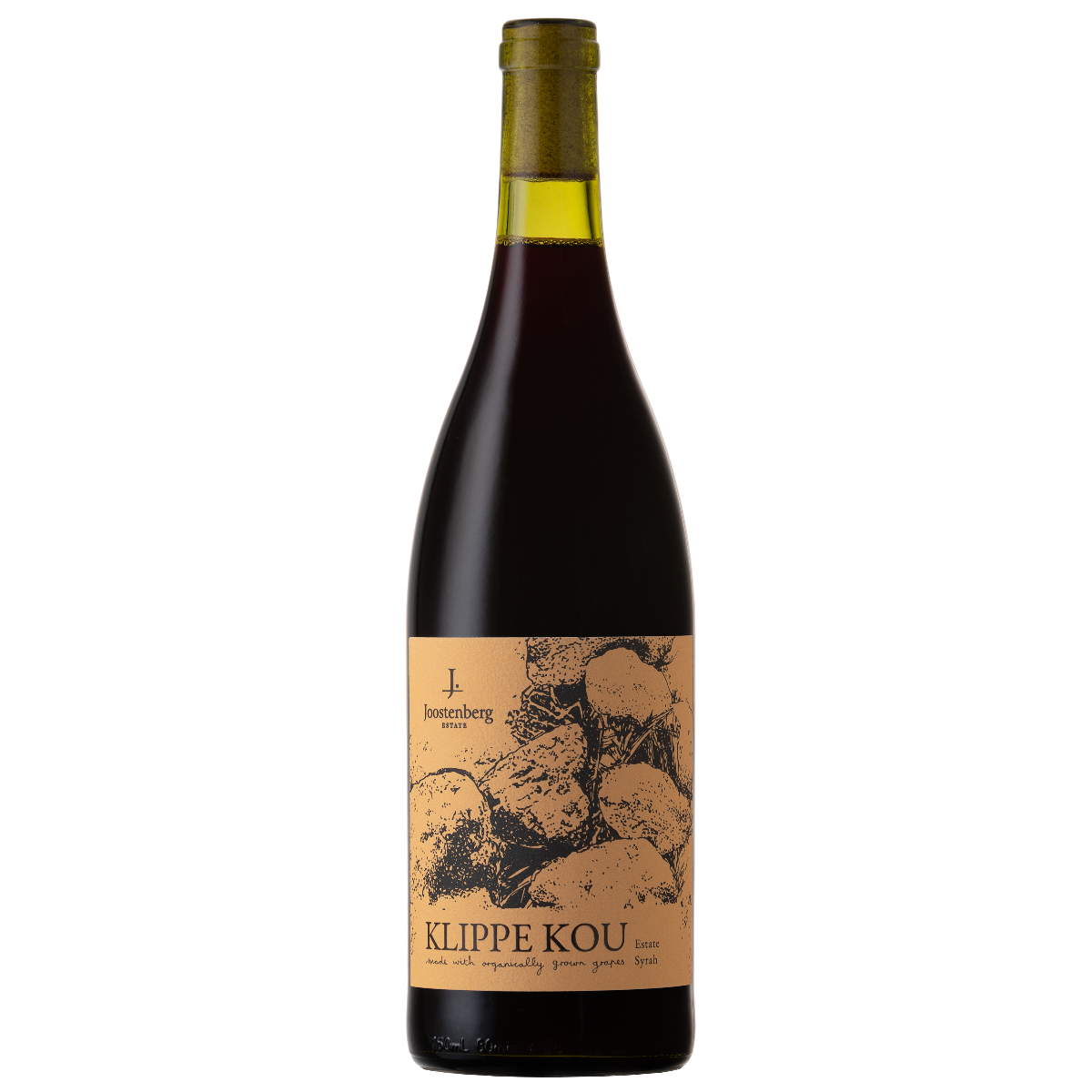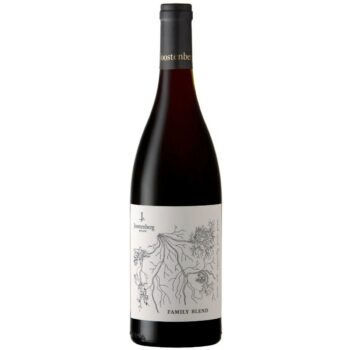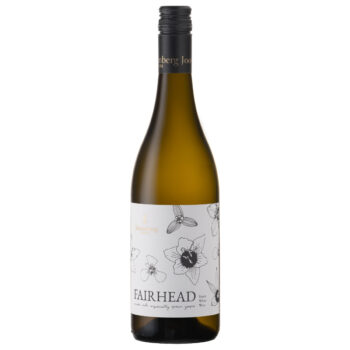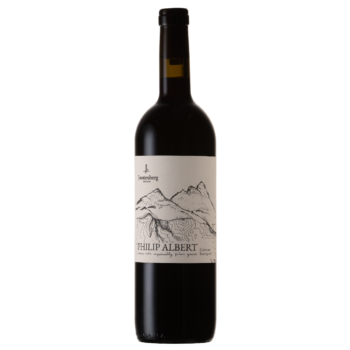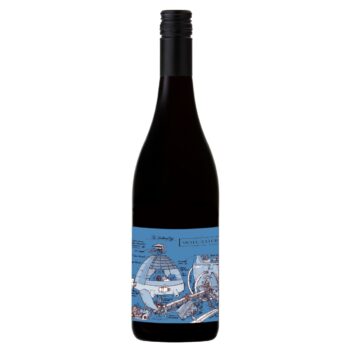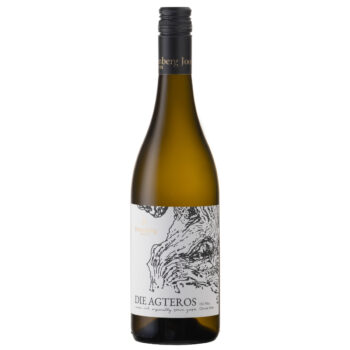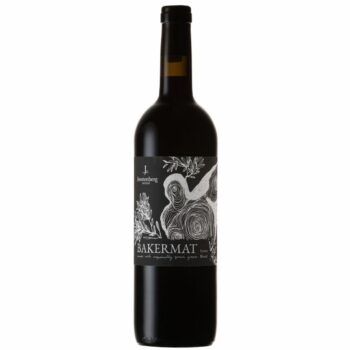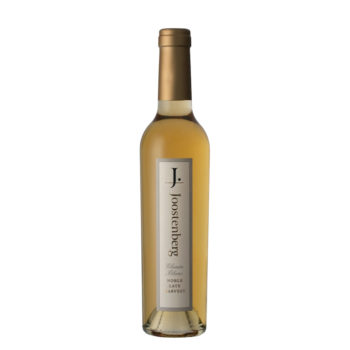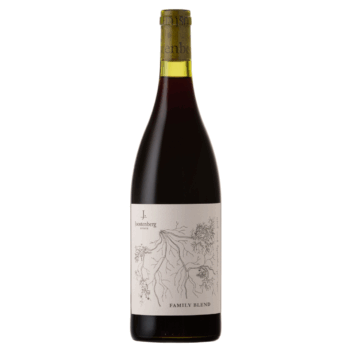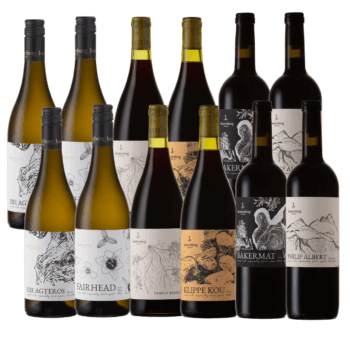The best Syrah vines on Joostenberg are planted in the rockiest soils hence the name “Klippe Kou”, which translated from Afrikaans means “chewing rocks” (literally) or “enduring hardship” (figuratively). Although the vines struggle in the first few years after planting, once the roots are well established these rocky soils produce intensely flavoured grapes and characterful wine.
Grapes were hand-picked, 70% were destemmed and the remainder left as whole-clusters. Natural fermentation occurred in small, open-topped fermenters. Maturation took place in concrete egg (37%) and old oak barrels (63%) for 10 months before bottling.
Christian Eedes, Winemag: “Red berries, musk, fynbos and white pepper on the nose while the palate is relatively rich (alcohol is 13.9%) with moderated acidity and powdery tannins, the finish nicely savoury. 91/100.”


